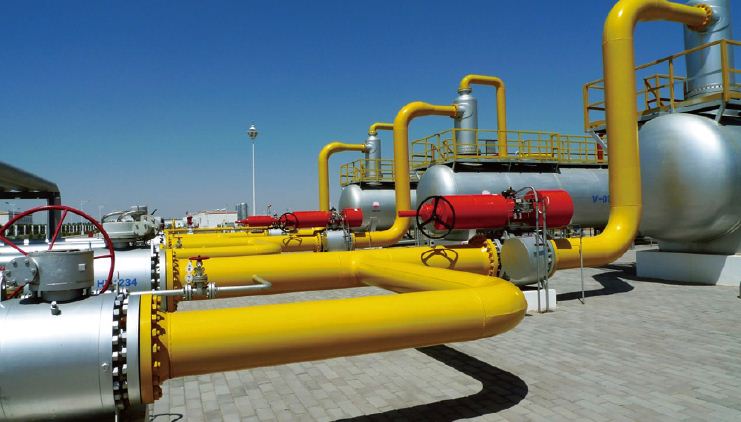Talks between Nigeria and the European Union over gas supply deals in the wake of the Russia-Ukraine crisis may have hit brickwall as the EU countries are making headway buying more pipeline gas from Algeria, Azerbaijan, and Norway.
This is coming after EU in March 2022 pleaded with Nigeria to take advantage of the opportunity offered by crisis in Europe to shore up gas supplies to it.
The appeal for Nigeria’s intervention was made by Ambassador Samuela Isopi, during a courtesy call by EU Ambassadors to the Minister of State Petroleum Resources, Mr.Timipre Sylva, in Abuja.
She had appealed to Nigeria to step into the gas supply chain as an alternative to Russia, urging the country not to allow the opportunity to pass it by. While reflecting on the security situation in the Niger Delta that drastically impacted on gas supply in the last few years, Isopi urged the Nigerian government to step up security in the region to guarantee gas supply to EU member states.
In March, oil exports from a critical pipeline on Russia’s Black Sea Coast were fully halted, prompting the United States and the EU to quickly move in by creating a task force committed to reducing dependence on Russian energy supplies.
Some industry observers who recently spoke to Daily Sun on the subject matter argued that Nigeria though not a dominant gas player within the African continent at this time of the Russia-Ukraine crisis ought to have been able to pull some weight if it had developed its gas market.
Joe Nwakwue, a former chairman, Society of Petroleum Engineers, SPE, Nigeria Council, said Nigeria is not in the same market position as Russia or Ukraine because we have failed to develop our gas infrastructure/market.
Citing the example of not being in a dominant market position, Uwakwue said Nigeria has not been able to load its West Africa Gas Pipeline which ought to serve the region, making the asset less impactful to critical stakeholders.
He added that the under-utilisation of the pipeline asset, recently forced Ghana to build its own LNG station at a cost that is much higher, saying that if the West African pipeline was functional, there would have been no need for Ghana to have invested in a new LNG station because pipelines are cheaper and more cost-effective than LNG terminal. He advised that Nigeria should commence the process of loading the WAGP so that all the countries along the gas pipeline corridor can begin to have access to gas through the Nigeria facility.
But sensing that Nigeria was not desirous in taking up the opportunity that the crisis present by not addressing the security situation in the Niger-Delta which has impacted negatively on oil and gas production, the EU disclosed at the weekend that it has made progress in buying more pipeline gas from Norway, Algeria and Azerbaijan.
The High Representative of the EU for Foreign Affairs and Security Policy, Josep Borrell said at the weekend in a blog post that the EU has reduced its dependence on Russian gas deliveries by 50 percent, but savings will be necessary to make up for the difference with alternative supplies.
“We have already managed to cope with an overall reduction in the share of Russian gas imports from 40 percent at the beginning of the year to around 20 percent today, principally by buying more LNG, whose share of gas usage has doubled from 19 percent to 37 percent,” the EU’s top diplomat said.
Source: Sun







